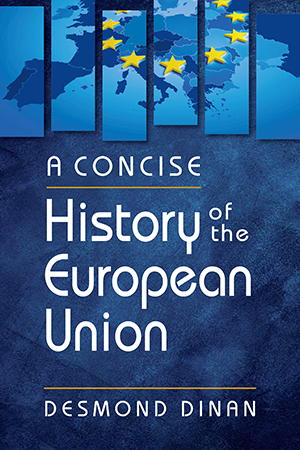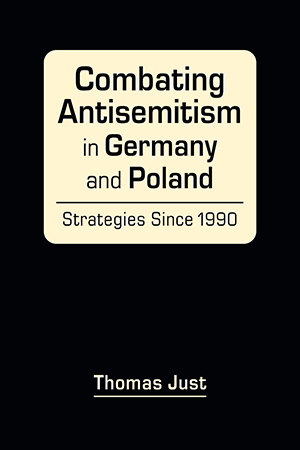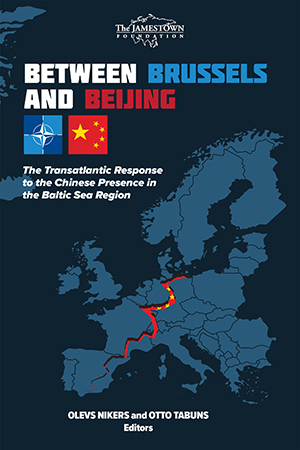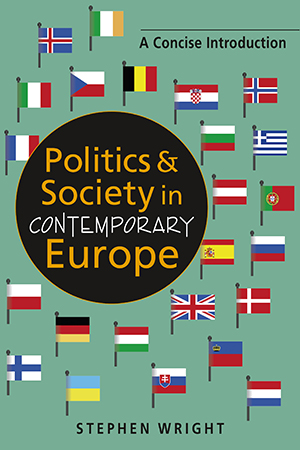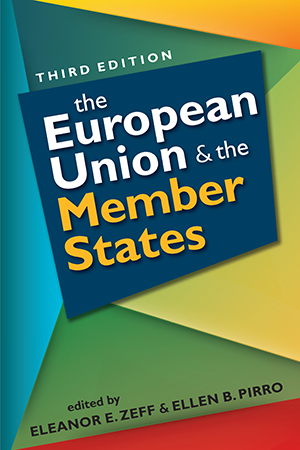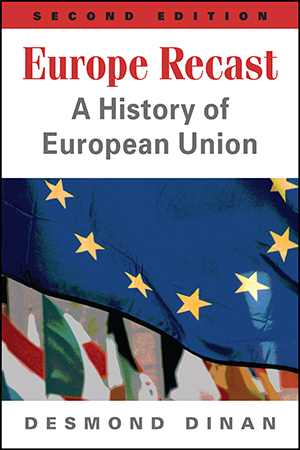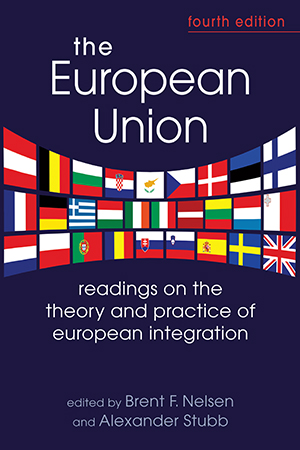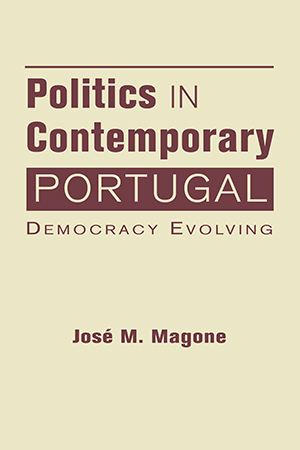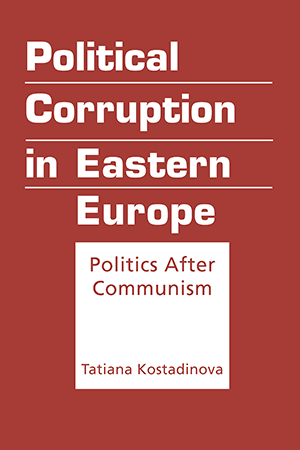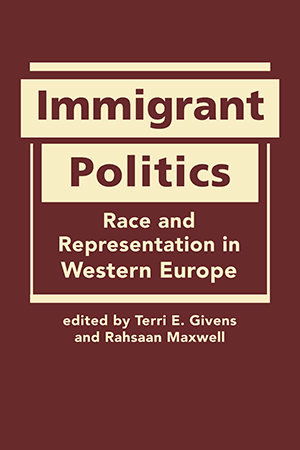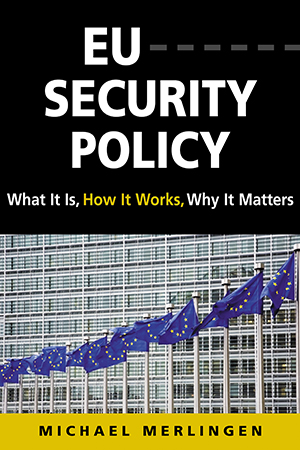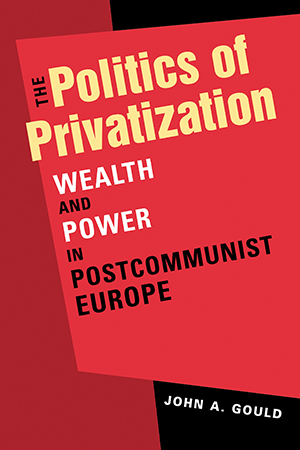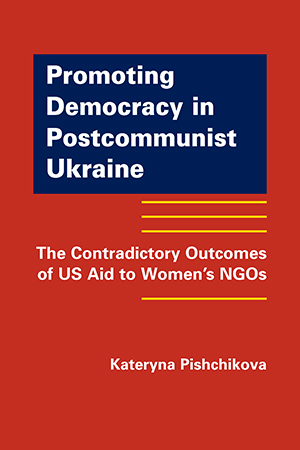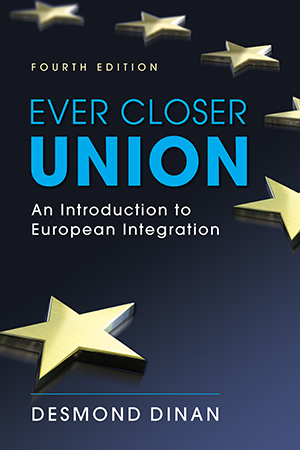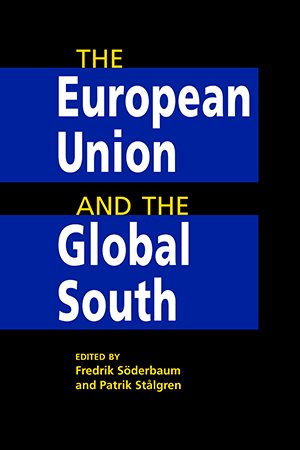European and European Union Politics
What explains the remarkable evolution of the European Union since its emergence in the early 1990s? How has the EU coped with a series of severe shocks, ranging from the euro crisis to More >
In both Germany and Poland—primary locations of the Holocaust—the legacy of antisemitism remains a major obstacle to reconciliation with the past. Thomas Just asks: How does More >
China's growing presence in the strategically important Nordic-Baltic region has implications not only for the region itself, but also for general transatlantic relations. Within that More >
What constitutes Europe today? Is there an identifiable European culture that transcends state boundaries? How do the various national political, economic, and social structures and More >
Can the European Union survive repeated economic crises? If it survives, will it stay as it is or take on a new form? This new edition of The European Union and the Member States, fully More >
Thoroughly revised to reflect a decade of recent history—and incorporating newly available archival material and the latest scholarship—Europe Recast tells the story of European More >
The fourth edition of this popular reader, thoroughly updated, introduces students to both the concept of a united Europe and to integration theory. The expanded first two sections of the More >
José Magone provides a comprehensive overview of the development of Portuguese democracy, highlighting the country’s achievements and failures across four decades. Magone More >
Why has political corruption emerged as a major obstacle to successful democratic consolidation in Eastern Europe? Exploring the origins, scope, and impact of political corruption in the More >
Do ethnic minority politicians play a meaningful role in Western Europe? How do European publics feel about nonwhite politicians? How are political parties reaching out to ethnic minority More >
What is the European Union's security and defense policy (CSDP)? How does it work? Does it make a difference in international security affairs? How do other global actors react to More >
In this remarkable story of postcommunist politics gone wrong, John Gould explores privatization’s role in the scramble for wealth and power in postcommunist Europe. Gould engages More >
Considerable material and human resources are devoted to building democratic institutions around the world. Why, then, do assistance programs fail to meet their proclaimed goals? And why More >
In the years since the third edition of Ever Closer Union was published, the EU saw the ratification and implementation of the Lisbon Treaty, further enlargement, leadership changes, policy More >
Choice Outstanding Academic Book! The development of coherent and effective relations with other regions and countries is one of the most challenging tasks faced by the European Union. More >



